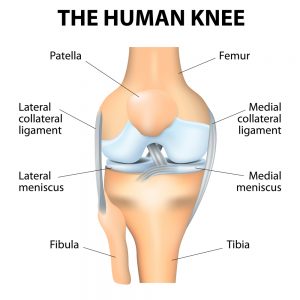 |
TKR Surgery Treatment Treatment for TKR starts as you are going in for the surgery. Did you know your muscle loses strength right after surgery? To avoid this start strength training at least three weeks before surgery. Treatment Options at PhysioNow 1- Strengthening Speak with your doctor if he could refer you to a physiotherapist. With our physios at Physio Now your knee will not lose strength after surgery. Learn new exercises at Physio Now to maintain specific functional strength. 2- Proprioception We can help you with strengthening and regaining your balance 3- Stretching severe and long lasting…
Read More